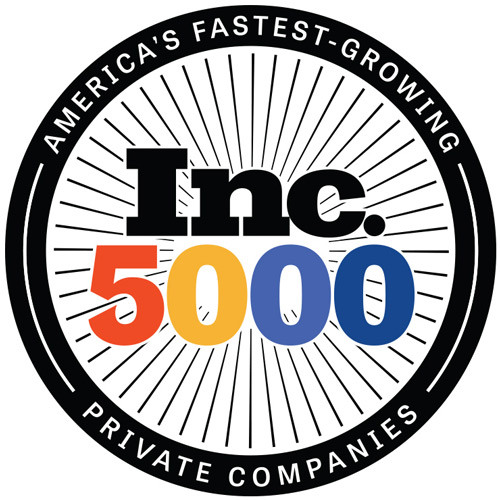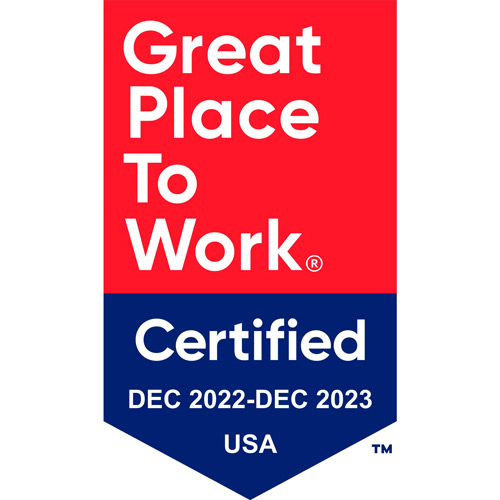Guardians of Safety: The Vital Role of Compliance in Drug Development
- Jessica R.
- December 28, 2023
- Edited December 28, 2023
Table of Contents
In the dynamic healthcare landscape, developing new drugs is a critical endeavor that significantly enhances patient outcomes and addresses various medical challenges. While scientific innovation and clinical trials often grab the spotlight, an underlying hero ensures the safety and efficacy of medicines reaching the public: pharmaceutical regulatory compliance. In this post, we will explore the pivotal role of pharmaceutical regulatory compliance across the drug development spectrum. From research and development to market launch, this essential element maintains high standards of public health and guides pharmaceutical companies in delivering new drugs responsibly and ethically.
Setting the Stage – Regulatory Compliance in Research and Development
In the initial phase of drug development, research and development (R&D) teams embark on a quest to discover and innovate. Here, pharmaceutical regulatory compliance ensures that the research adheres to ethical and safety standards. By embedding regulatory guidelines from the start, companies establish a robust framework, which minimizes risks and sets the stage for successful clinical trials. In this way, pharmaceutical regulatory compliance is not just a formality but a cornerstone for future stages of drug development.
Ensuring Ethical Progress – Compliance in Clinical Trials
Moving from R&D, we enter the crucial phase of clinical trials. Here, pharmaceutical regulatory compliance is vital. Regulatory authorities meticulously review trial designs and participant safety protocols. This compliance guarantees ethical conduct and prioritizes participant safety, ensuring that trial results are both valid and reliable. This rigorous phase, underpinned by regulatory compliance, forms a solid foundation for the potential approval of new drugs.
Guaranteeing Quality – Compliance in Drug Manufacturing
After a drug clears clinical trials, it moves to manufacturing. At this stage, pharmaceutical regulatory compliance focuses on quality control. Regulations ensure that manufacturing processes consistently produce high-quality drugs. This compliance phase is vital in maintaining public trust. By strictly following manufacturing guidelines, companies ensure that each drug batch matches the safety and efficacy of those tested in trials, maintaining the drug’s reliability for patient use.
Marketing with Integrity – Compliance in Drug Promotion and Distribution
After successfully navigating manufacturing challenges, the focus shifts to marketing and distribution. Here, pharmaceutical regulatory compliance plays a key role in ensuring that marketing strategies are ethical and informative. Compliance at this stage demands that promotional content accurately represents the drug, avoiding any misleading information. Regulatory oversight in marketing protects patients from misinformation and supports healthcare professionals in making informed decisions about prescribing the drug.
Ongoing Vigilance – Compliance in Post-Market Surveillance
The role of pharmaceutical regulatory compliance extends beyond the drug’s market launch. Post-market surveillance is a critical ongoing process where the real-world performance of the drug is monitored. This phase involves continuously tracking the drug’s safety and efficacy as it is used by a larger population. Compliant practices ensure that any new risks or adverse effects identified are promptly reported and addressed. This ongoing vigilance is crucial for upholding the safety profile of the drug and for taking appropriate actions when needed. Feel free to contact us at GMP Pros.
Navigating Global Standards – Compliance in International Markets
In the global pharmaceutical market, companies often face the challenge of complying with diverse international regulations. Each country has its own set of rules for clinical trials, approval processes, and post-market surveillance. Navigating these varying regulations is a complex but essential aspect of pharmaceutical regulatory compliance. Successful management of these global challenges ensures that drugs are made available worldwide, adhering to each country’s safety standards.
Conclusion
Pharmaceutical regulatory compliance is a dynamic and ongoing process, integral to every stage of drug development. It ensures that the medicines we depend on are not only effective but also safe. This compliance serves as a safeguard in the healthcare system, protecting patients and reinforcing the pharmaceutical industry’s credibility.
Through this exploration, we recognize that compliance is more than a checklist; it represents a commitment to excellence and ethical practice. Understanding the role of pharmaceutical regulatory compliance helps us appreciate the intricacies and challenges in drug development. It’s this balance between innovation and regulation that leads to the creation of medicines that not only improve lives but also uphold the highest standards of patient care and safety. In drug development, pharmaceutical regulatory compliance is a fundamental pillar, essential for maintaining public trust and ensuring the health and well-being of patients worldwide.
Read More:
Role of Pharma Regulatory Consulting Firms in Streamlining Drug Development

Jessica R.
Jessica is a seasoned GMP compliance consultant and technical writer specializing in pharmaceutical manufacturing, data integrity, and quality assurance. With over 12 years of experience working with global pharmaceutical firms, Jessica brings deep industry insights into FDA, EMA, and MHRA regulations.


